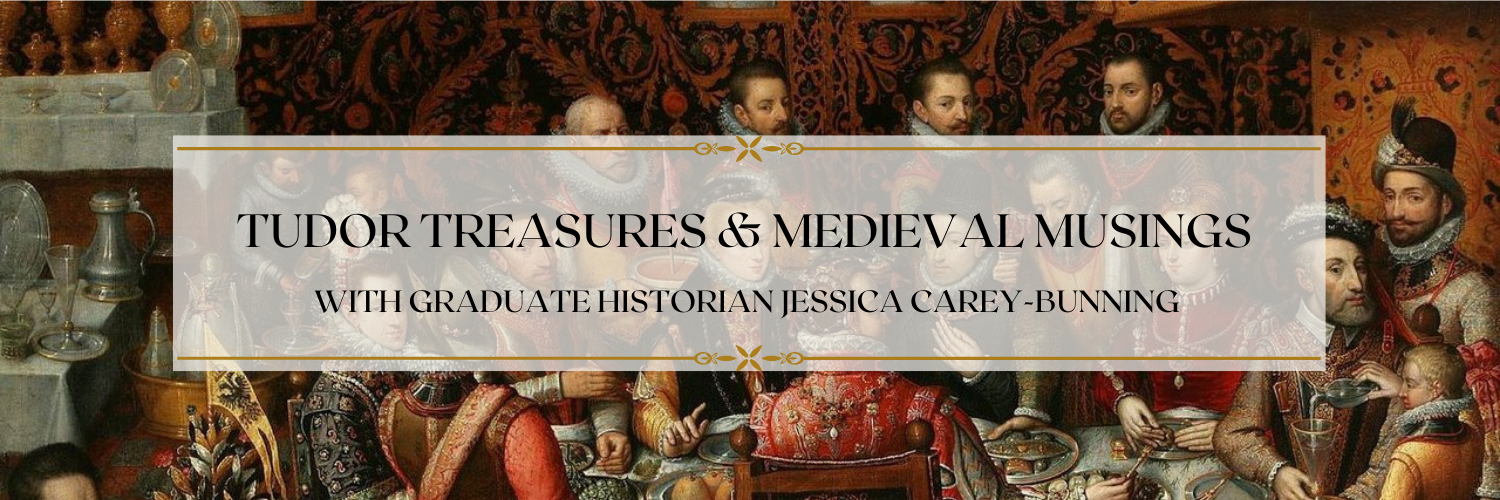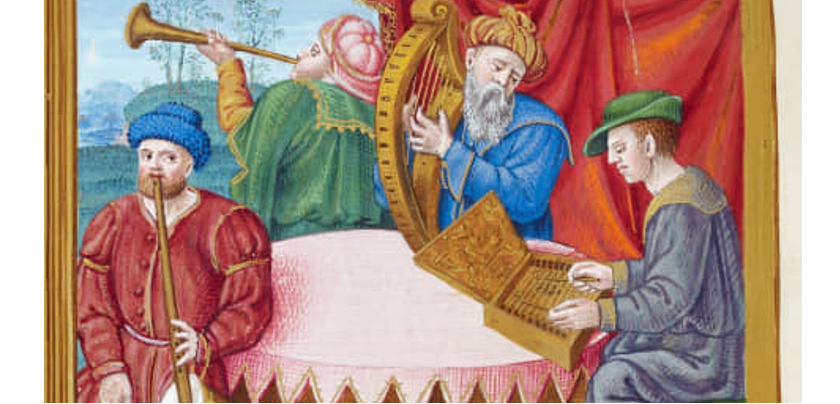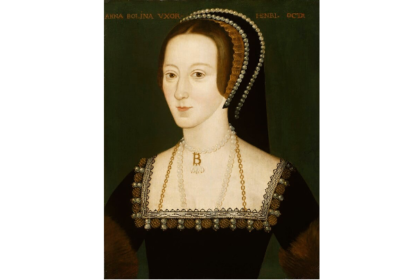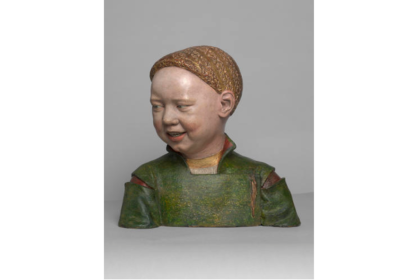In the mid-to-late 17th century, Anthony Wood, an antiquarian and music-lover, wrote biographical notes on famous musicians. Amongst these was a short biography on a man named Dr. Christopher Tye. Included in the notes is a fantastic episode relating to Elizabeth I:
Dr Tye was a peevish and humoursome man, especially in his latter dayes, and sometimes playing on ye Organ in ye chap. of qu. Elizab. wh. contained much musick, but little of delight to the ear, she would send ye verger to tell him yt he play’d out of Tune: whereupon he sent word yt her ears were out of Tune.
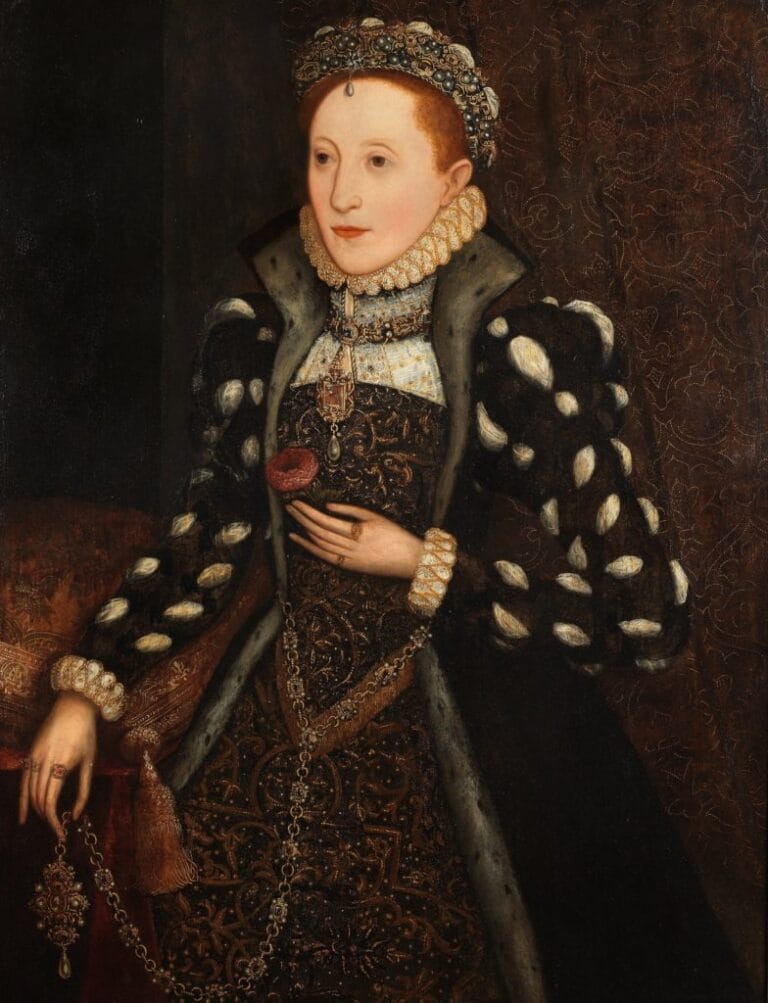
Tye was a composer and organist born in c.1505 and died at some point before 1573. For many years he was the master of the choir at Ely Cathedral.
One of his most illustrious yet understated roles was music teacher to Edward VI whilst he was king, a position he seems to have gained through his friendship with Edward’s tutor, Dr. Richard Cox. It was during this period that he published his only surviving works, ‘The Actes of the Apostles,’ which he dedicated to Edward:
‘To the Uertuous and Godlye learned Prynce, Edwarde the .vi. by the grace of God, King of Eng∣lande, Fraunce, and Irelande, Defendour of the Fayth, and on earth next and imme∣diatly vnder Christe, of the Churches of England and Irelande the Supreme head, your graces humble, louynge, and obedi∣ent seruaunte Christofer Tye, wysheth the continuaunce of God hys feare to dwell in your graces heart, longe to raygne in muche honoure, healthe, wealthe and victorye.’
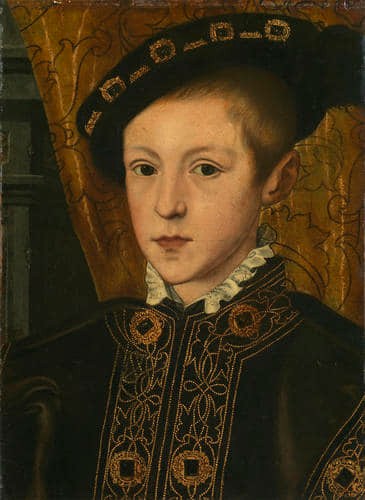
Unfortunately, though it seems he did serve or perform for Elizabeth to some extent, there is little solid evidence; there is certainly nothing to suggest a close relationship in which such a cheeky retort would be acceptable…and no evidence that Tye was imprisoned in the Tower of London either!
In fact, after 1558, Tye seems to have spent most of his time in his home county. He returned to Ely Cathedral, eventually giving up composing in order to become a priest, first at Ely, and then, from 1561, at Doddington. Any Court performances must have taken place in the first few years of Elizabeth’s reign.
Wood provides no source for this tale. He Himself wasn’t born until long after both Tye and Elizabeth’s deaths. Perhaps he knew one of Tye’s descendents who told him the story, though that would hardly be reliable evidence in any case. It is perhaps possible that a similar event took place between Tye and Edward VI, who did have a good relationship, and the names got muddled in the retelling; but that is pure speculation.
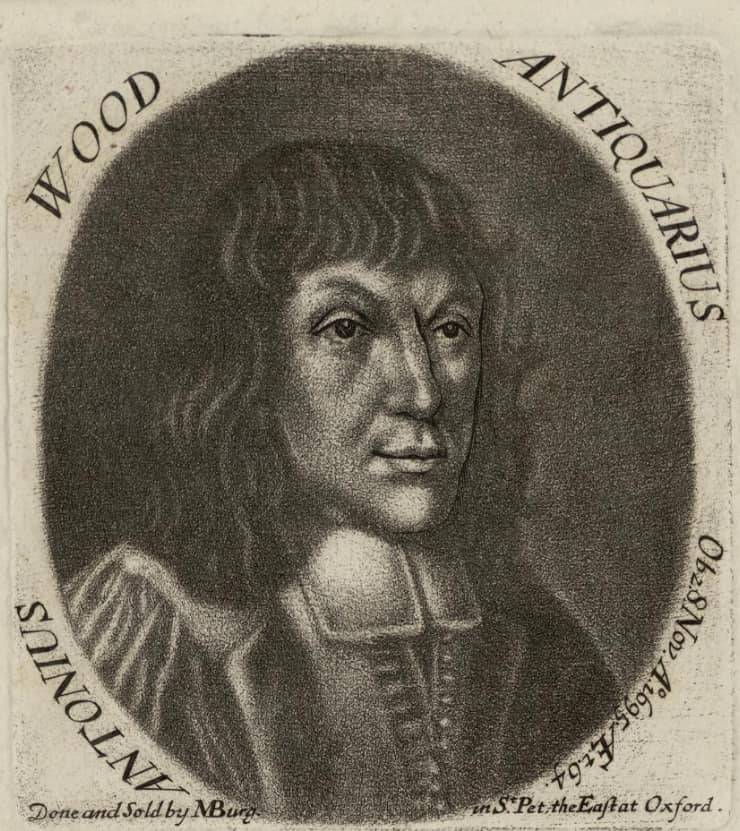
Unfortunately, without any provenance for the tale, or any clues as to where Wood could have picked it up from, we have to discount it as false, whether fabricated by Wood or some unknown person. It is an amusing story, but in all likelihood, no more than that.
